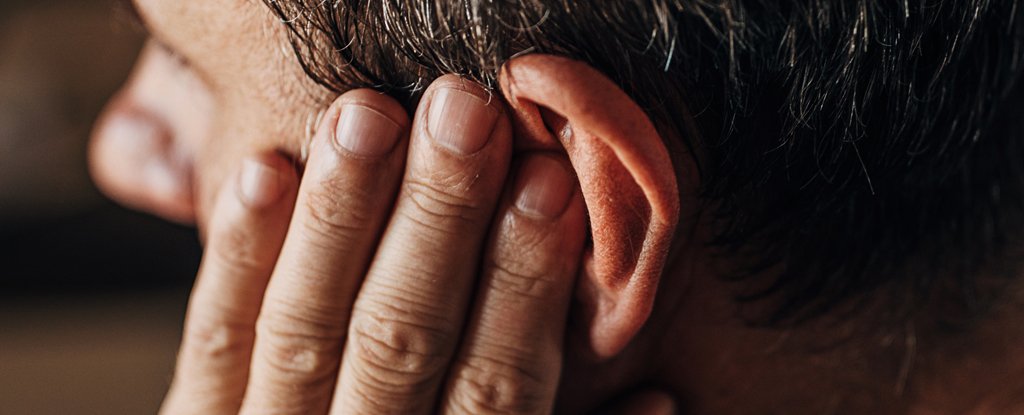
Approximately 15 percent of the global population experiences tinnitus, a condition characterized by hearing sounds such as ringing or buzzing without an external source. Often linked to hearing loss, tinnitus can significantly impact mental health, leading to stress and depression, especially in chronic cases.
Currently, there is no cure for tinnitus. Therefore, discovering effective management or treatment strategies could benefit millions worldwide. A promising area of research that might enhance our understanding of tinnitus is sleep.
The Link Between Tinnitus and Sleep
Tinnitus is considered a phantom percept, where brain activity causes one to hear, see, or smell things that aren’t present. While most people experience phantom perceptions during sleep, those with tinnitus hear phantom sounds while awake. This phenomenon is partly due to altered brain activity, with certain areas, such as those involved in hearing, potentially being more active than usual.
Research has identified brain mechanisms underlying both tinnitus and sleep, suggesting a connection that could one day lead to better management and treatment options. Understanding these mechanisms is crucial, as they may provide insights into how tinnitus affects sleep and vice versa.
Understanding Sleep Stages
When we sleep, our bodies undergo various stages, with slow-wave sleep (deep sleep) being one of the most critical. During this stage, brain activity moves in distinctive waves, activating large areas involved in memory and sound processing. This activity allows neurons to recover from daily wear and tear and is vital for memory consolidation.
However, not all brain areas experience the same level of slow-wave activity. Overactive regions during wakefulness, such as those in tinnitus patients, might remain active during sleep, leading to disturbed sleep patterns and increased night terrors.
Research suggests that tinnitus patients spend more time in light sleep, as the condition may prevent the brain from generating the slow-wave activity necessary for deep sleep.
Potential for Treatment
Despite the challenges, some deep sleep phases appear unaffected by tinnitus, potentially because the brain activity during these phases suppresses the condition. This suppression might occur due to the brain’s neurons switching into slow-wave activity mode after prolonged wakefulness, which could mitigate tinnitus.
Slow-wave activity also disrupts communication between brain areas, potentially preventing hyperactive regions from disturbing sleep. This could explain why individuals with tinnitus can still achieve deep sleep and why the condition might be suppressed during these phases.
Future Research and Implications
Understanding how tinnitus changes during sleep could provide valuable insights into the brain’s role in the condition’s intensity fluctuations. By manipulating sleep patterns, such as through sleep restriction paradigms, researchers may improve patient wellbeing and develop new tinnitus treatments.
Future studies could track both sleep stages and tinnitus-related brain activity simultaneously, offering a deeper understanding of the connection between the two. This research could pave the way for new therapeutic approaches, potentially alleviating tinnitus through natural brain activity.
“By investigating the interplay between sleep and tinnitus, we aim to uncover novel treatment avenues that could significantly improve the quality of life for those affected,” said Linus Milinski, Doctoral Researcher in Neuroscience at the University of Oxford.
This article is republished from The Conversation under a Creative Commons license. Read the original article. An earlier version of this article was published in May 2022.





